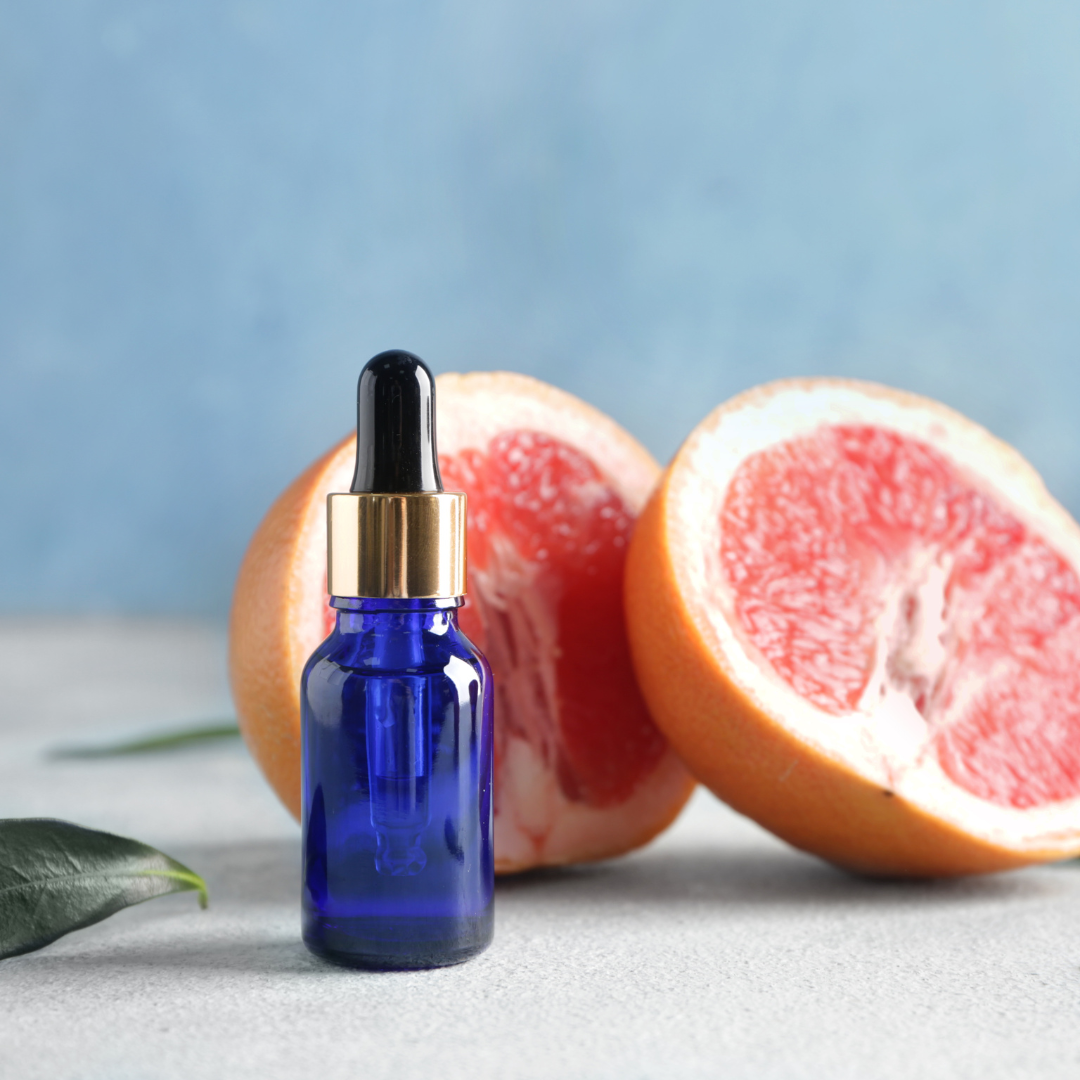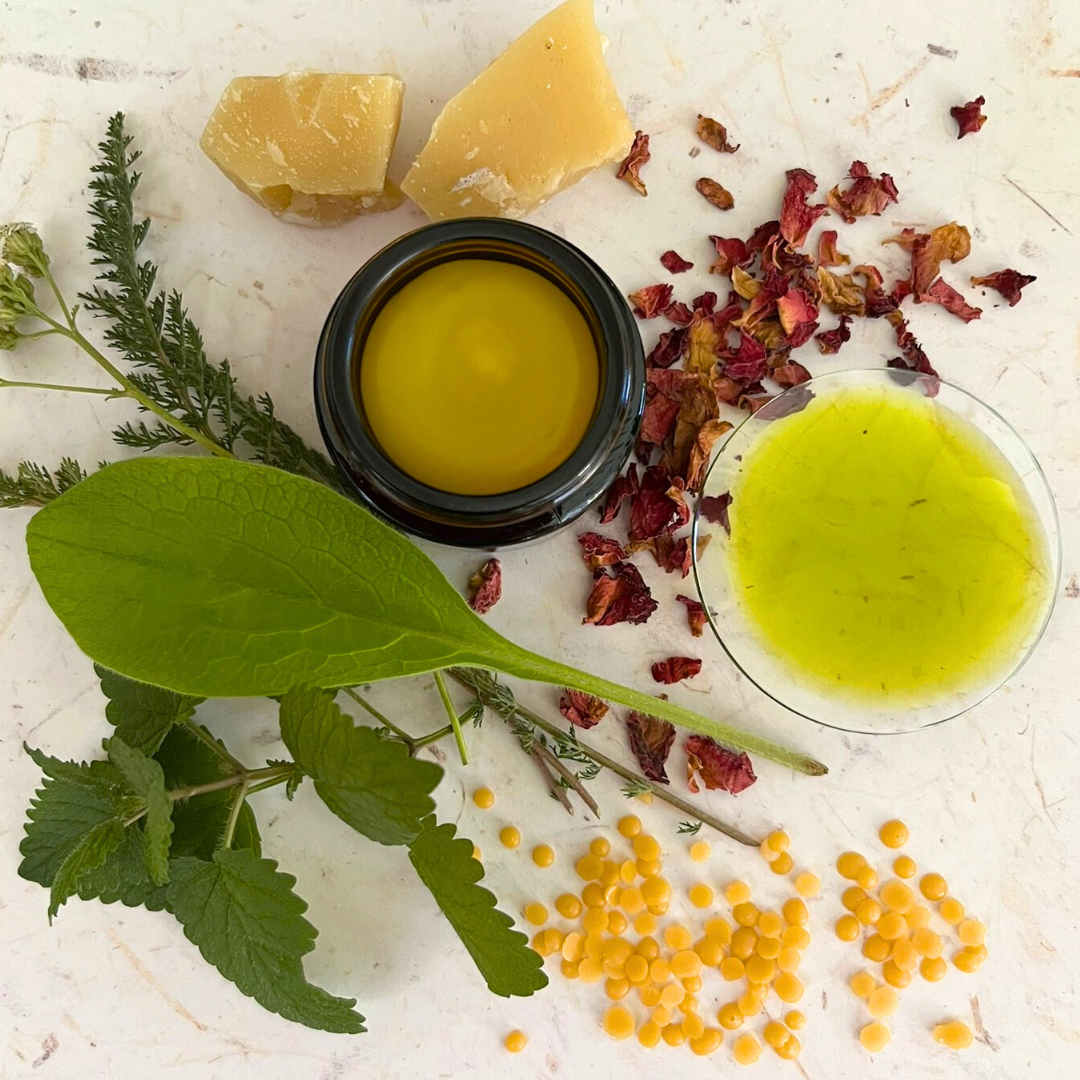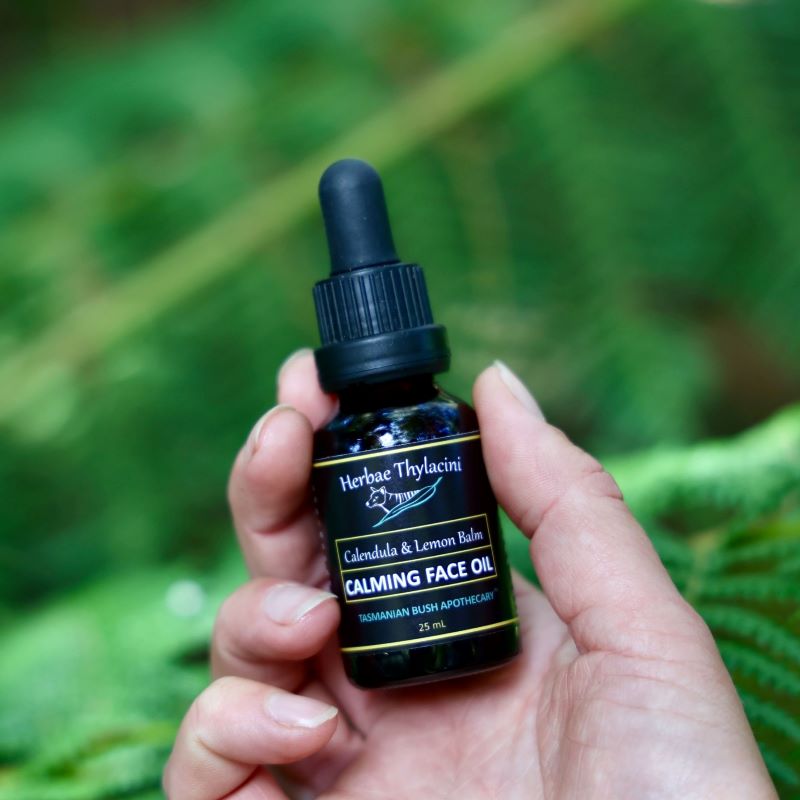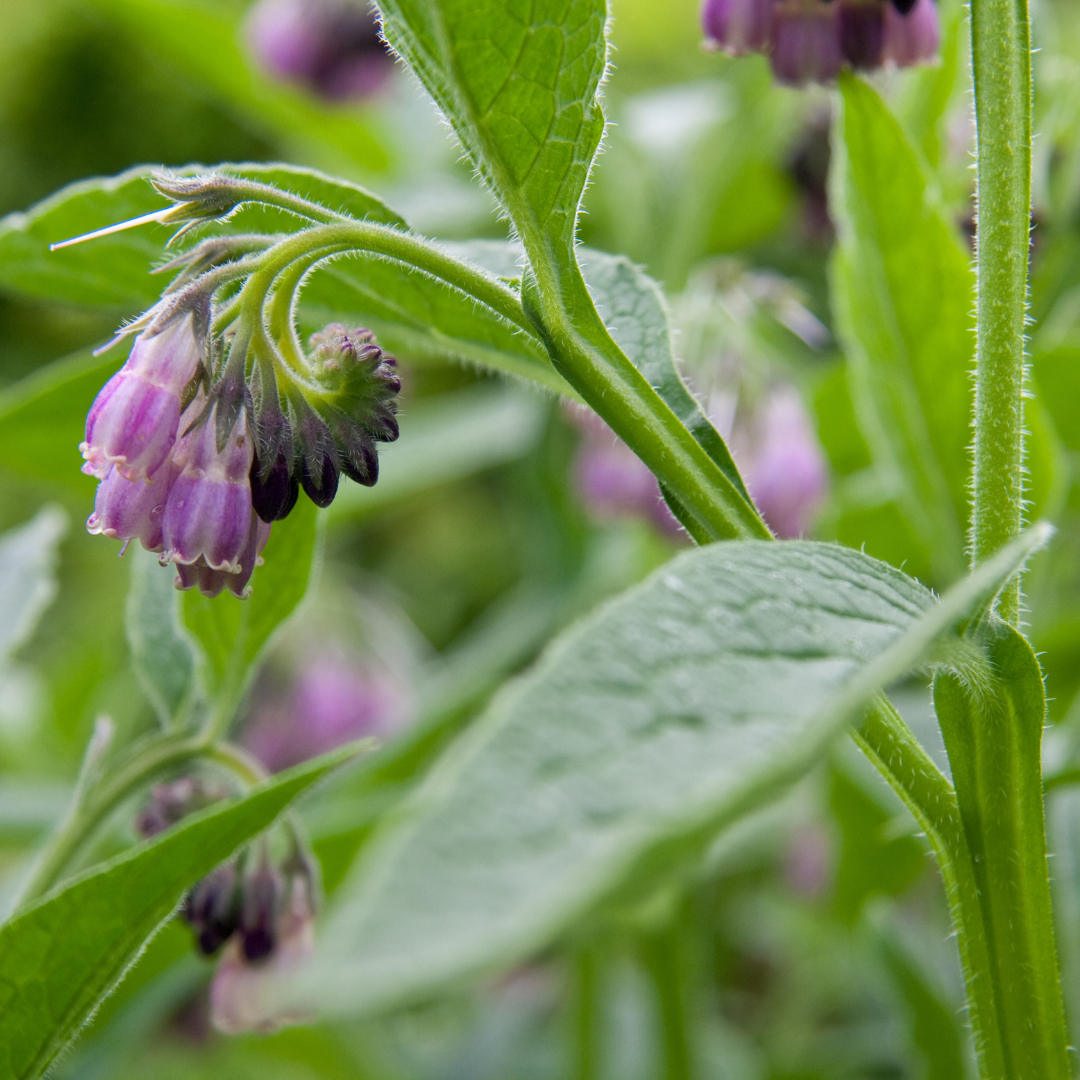
The hidden dangers of grapefruit seed extract in natural skin care
Grapefruit seed extract (GSE) – sometimes also called citrus seed extract – is a commercially available substance with antimicrobial properties. While the majority of its practical applications fall within the food industry, grapefruit seed extract is also used as a “natural preservative” in skin care products. Historically, grapefruit seeds lack any traditional medicinal uses. It is perhaps surprising then, that amongst natural skin care makers GSE is almost exclusively used by herbalists and naturopaths to preserve herbal creams. Indeed, you will not find many larger natural skin care brands choosing GSE to preserve their products. Why? Because it is a commonly adulterated and completely non-transparent ingredient. Does that shock you? Then you should continue reading.
What exactly is grapefruit seed extract?
Grapefruit seed extract contains a variety of chemical constituents, most notably flavonoids. However, the compounds supposedly responsible for its antimicrobial properties are from the class of quaternary ammonium compounds.
Problem #1? These compounds are not very good stand-alone cosmetic preservatives. (In fact, they are rather used as antiseptic ingredients to “cleanse” the skin.) Problem #2? Grapefruit does not contain them naturally.
Grapefruit seed extract is manufactured via a proprietary method. According to this patent, it is produced from grapefruit seeds and pulp by extracting them into glycerine under elevated temperature and pressure. Finally, the reaction product is subjected to the influence of ultraviolet radiation and a magnetic treatment. Lovely, isn’t it? But wait, there is more!
Grapefruit seed extract adulteration
Several studies published in the late 1990’ and early 2000’ revealed that commercially available grapefruit seed extracts were adulterated with synthetic preservatives. [1], [2], [3]. The most frequently detected adulterants were benzethonium chloride and benzalkonium chloride, although parabens and triclosan were also found. Those chlorides are our “quaternary ammonium compounds”, which – according to the manufacturers – are actually created during the manufacturing process, not added artificially. (This, however, is extremely dubious, as any organic chemist will attest to!)
Lack of transparency and regulation of grapefruit seed extract
Either way, there is no hiding from the fact that GSE does contain benzethonium chloride and/or benzalkonium chloride. Both compounds are approved by the EU to be used in cosmetic products at a maximum concentration of 0.1%. The usage range of GSE recommended by wholesale suppliers is as low as 0.02% and as high as 2%. Yes, staggering 2 orders of magnitude difference! (Btw. It is unheard of that any synthetic preservative would be effective at 0.02% concentration!)
Now one of the suppliers of GSE states that their product contains well over 50% of “quaternary ammonium compounds”. If you add such a product to your skin care formula at the highest recommended concentration I came across (2%), you may easily end up with an amount of benzethonium chloride 10x higher than set by the EU standards. This may lead to skin irritation. Additionally, while approved by the EU, benzethonium chloride and benzalkonium chloride are certainly not considered natural skin care ingredients, best evidenced by their lack of COSMOS certification.
Imagine that you want to provide your family or clients with products free of "harmful"preservatives, yet, by including the “naturally sounding” grapefruit seed extract you may be doing them a great disservice, if not outright harm.
I know firsthand that preserving herbal skin care can be challenging due to the amount of contradictory information available online. If you would like to tap into a source of reliable information and learn how to preserve your beautiful herbal formulas in line with your values of transparency and safety, you can join me for the Cream Bases for Herbal Skin Care online class held on 9th of August. Within it, I will be unpacking 5 natural skin care preservatives, you can effectively use in your herbal products. Are you going to join us?
* * *
[1] T. Kim, J.-H. Kim, and S.-W. Oh, “Grapefruit Seed Extract as a Natural Food Antimicrobial: a Review,” Food Bioproc Tech, no. 14, pp. 626–633, 2021, doi: 10.1007/s11947-021-02610-5/Published.
[2] M. Ganzera, A. Aberham, and H. Stuppner, “Development and validation of an HPLC/UV/MS method for simultaneous determination of 18 preservatives in grapefruit seed extract,” J Agric Food Chem, vol. 54, no. 11, pp. 3768–3772, May 2006, doi: 10.1021/jf060543d.
[3] G. Takeoka, L. Dao, R. Y. Wong, R. Lundin, and N. Mahoney, “Identification of benzethonium chloride in commercial grapefruit seed extracts,” J Agric Food Chem, vol. 49, no. 7, pp. 3316–3320, 2001, doi: 10.1021/jf010222w.





